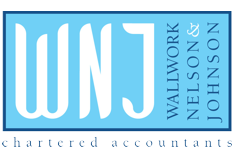ARE YOU IN CONTROL OF YOUR COSTS AND CASHFLOW?
Good cash flow and strong cost control are more important than ever for businesses in these challenging economic times.
Having a strategy is vital and it needs to be organised, understood and communicated. If not, any gains made will be short lived and may actually cause more problems than they solve, because change can cause disruption.
The starting point is to think in terms of short-term easy wins and medium-term changes that can be made by altering some approaches to buying – all of which will need to fit within the longer-term strategic plan.
For example, when it comes to heat and light supply – a short-term move could be something as simple as a switch to LED bulbs.
The medium-term change could be a change of energy supplier, with the longer-term strategic aim changes to working practices and solar panel investment.
This thought process can be applied to any part of the business’ costs. In all goals the thought process must be SMART:
Specific: Measureable: Achievable: Realistic: Timeline
All this must be looked at using sound budgeting techniques. Many budgeting processes are completed on the basis of reviewing last year’s figures and adjusting for expected sales fluctuations and inflation.
This misses the very point of why a budget should be done, which is to focus management attention to the issues, focus on specific cost drivers, look realistically at the savings that are achievable in the short, medium and longer term, and to map out over an appropriate timeframe when such savings can be made.
The next step is to then to communicate the aspects of the budget to people who need to understand and contribute to its successful execution.
So be aware – by using last year’s figures as a starting point without drilling down into cost drivers you will miss opportunities to economise.
One approach to cost control is termed ‘Zero Base Budgeting’. This involves an approach in which costs are tackled at the root by re-examining each activity as if it were brand-new and doing so on an annual basis.
Here are some areas worth exploring:
• Purchases – tendering / waste reduction / production techniques / recycling
• Waste disposal costs
• Rates – check for reliefs given to certain sectors
• Rent – negotiate with landlord / understand local market and examine alternative properties
• Utilities / insulation / good practices / training / LEDs etc
• Stationery – a paperless approach saves on paper and postage
• Subscriptions – are they necessary, are they used as they should be?
It also pays to shop around when it comes to areas such as insurance, credit cards, utilities, mobile phones and the internet
Approaches to cost control
• Set budgets and communicate them
• Encourage staff input
• Identify unprofitable lines
• Examine whether to lease or buy vehicles, property and machinery
• Review contracts regularly
• Embrace technology / training / automation / systems
• Consider outsourcing and the use of freelancers
• Explore R&D and claim tax benefits
• Evaluate marketing strategies
• To discuss any issues raised by this article please contact me on 01772 430000




